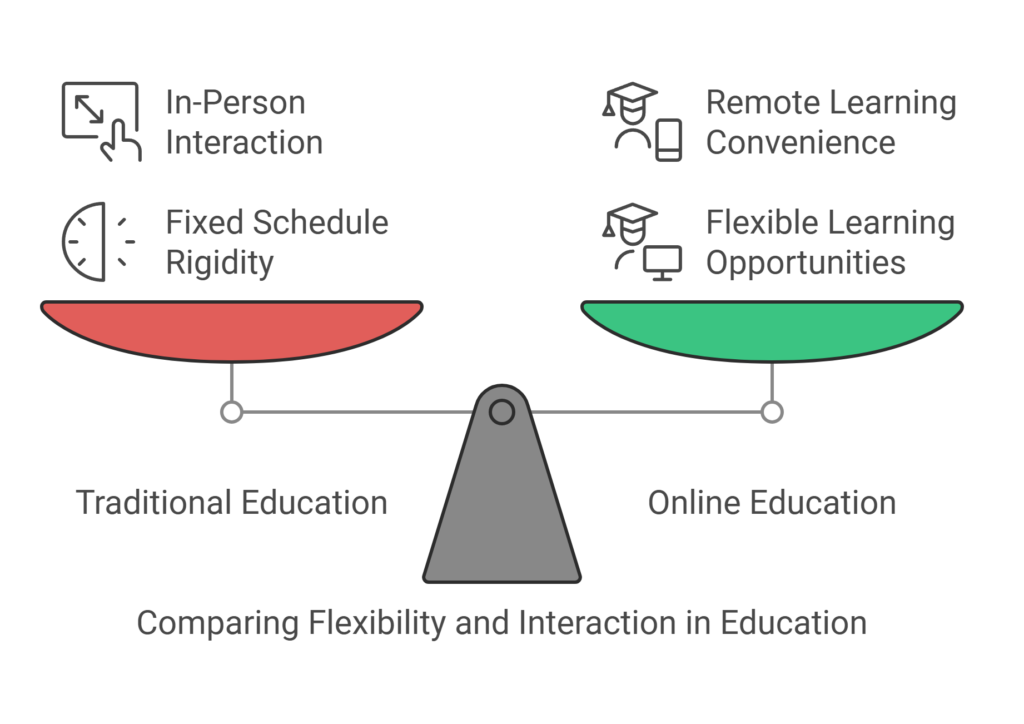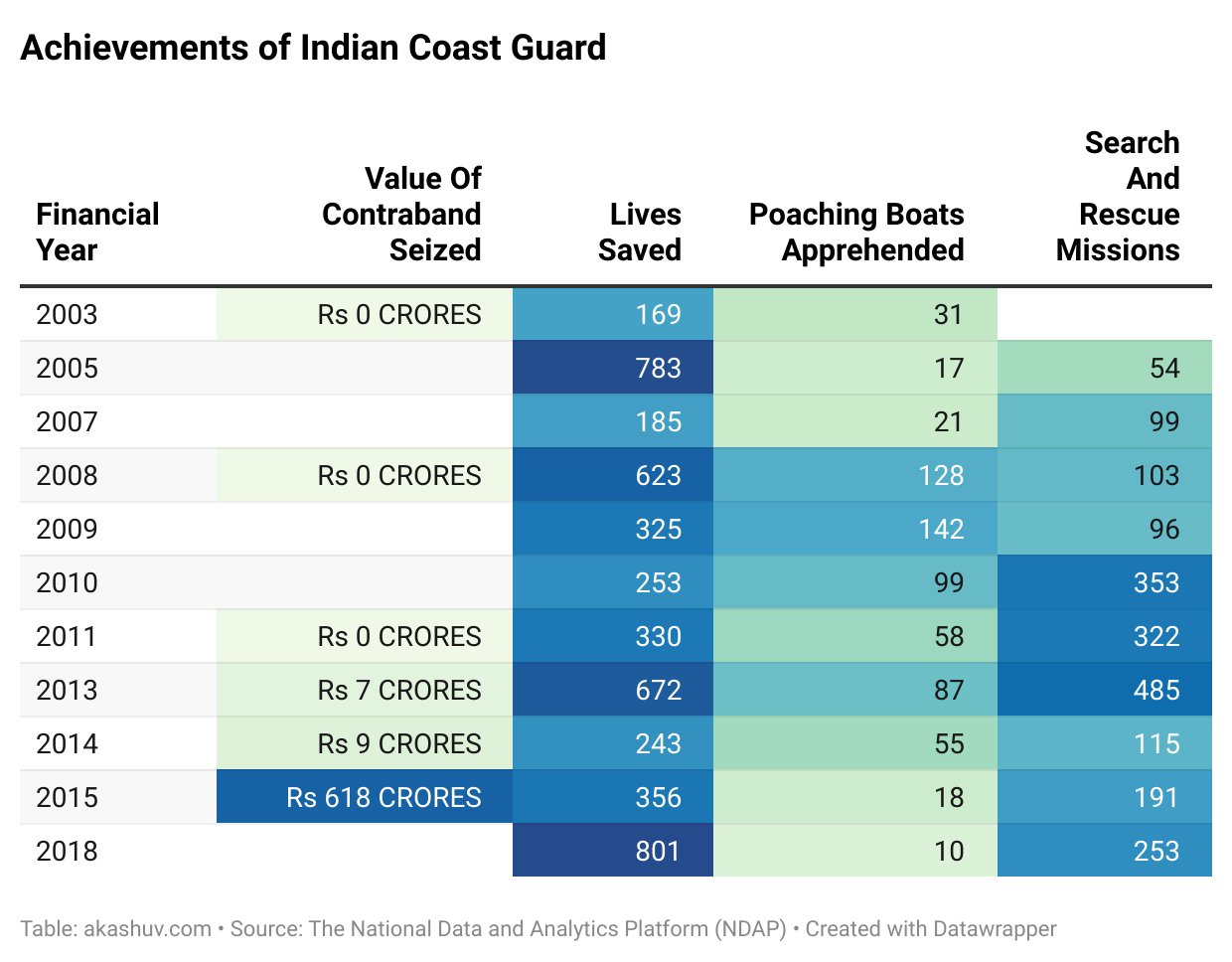The Pros and Cons of an Online MBA: Navigating Your Path to Success
Introduction
Pursuing a Master of Business Administration (MBA) is often seen as a pivotal step for career growth and leadership opportunities. In recent years, online MBA programs have become a popular alternative to traditional, on-campus programs. The flexibility and accessibility of online education are appealing, but it’s crucial to weigh both its benefits and challenges to decide if it aligns with your goals.
In this blog, we’ll dive deep into the advantages and disadvantages of an online MBA to help you make an informed choice.
The Advantages of an Online MBA
1. Flexibility in Learning
One of the standout benefits of an online MBA is its unparalleled flexibility.
- Learn Anywhere, Anytime: Online platforms let you study on your schedule, accommodating work, family, and personal commitments.
- Adaptability for Working Professionals: You can pursue higher education without pausing your career, making it ideal for mid-career professionals.
- Example: Sarah, a marketing executive, earned her MBA online while managing her demanding full-time job.

Pro Tip: Time management tools like Google Calendar or Notion can help you stay on track.
2. Cost-Effectiveness
Online MBA programs are often more affordable than their on-campus counterparts.
- Lower Tuition Fees: Universities save on infrastructure costs, passing some savings to students.
- No Relocation Expenses: Save on housing, commuting, and other associated costs of moving for an MBA.
- Part-Time Learning Options: You can continue earning while studying, reducing financial strain.
Explore affordable programs from top schools in this guide.
3. Diverse Networking Opportunities
Online MBA programs attract students from across the globe, enabling rich cross-cultural exchanges.
- Global Perspective: Collaborate with professionals in diverse industries and geographies.
- Digital Networking Events: Many schools offer online networking sessions and alumni forums to facilitate professional connections.
The Disadvantages of an Online MBA
1. Limited Face-to-Face Interaction
While online platforms provide virtual collaboration tools, they may lack the immediacy of in-person networking.
- Networking Gaps: Building meaningful relationships can be harder in an online setting.
- Employer Perceptions: Certain industries might still favor traditional MBAs for their in-person learning experiences.
2. Self-Discipline Is Key
Online education requires a high degree of motivation and self-discipline.
- Risk of Procrastination: Without regular in-person classes, managing deadlines can be a challenge.
- Independent Learning: The self-paced nature may not suit those who thrive in a structured classroom environment.
Read about effective time management strategies to succeed.
3. Uneven Reputation Among Employers
Some employers still view online MBAs as less rigorous than traditional programs, although this perception is evolving.
- Reputable Institutions Matter: An online MBA from a highly ranked institution like Wharton or MIT Sloan is more likely to be respected.
Challenges and Future Prospects
Current Challenges
- Technological Limitations: Not all students have access to high-speed internet or modern devices, which can hinder their learning experience.
- Isolation: Studying online can feel isolating compared to the camaraderie of an in-person MBA cohort.
The Future of Online MBAs
- Hybrid Learning Models: A combination of online coursework and in-person sessions is emerging as a preferred model for many institutions.
- Increased Accreditation: As online MBAs gain popularity, more programs are pursuing accreditation, enhancing their legitimacy and value.
FAQs
1. Is an online MBA as respected as a traditional MBA?
Yes, if the program is accredited and from a reputable institution, its value is comparable to a traditional MBA.
2. What skills do online MBA graduates gain?
Online MBA programs emphasize digital communication, time management, and remote collaboration—skills highly valued in today’s workforce.
3. How can I choose the best online MBA program?
Look for factors like accreditation (e.g., AACSB, AMBA), faculty expertise, and strong alumni networks.
Conclusion
An online MBA is a significant investment in your professional development, offering flexibility and cost savings that traditional programs cannot match. However, it comes with challenges like limited networking and self-discipline requirements.
Ultimately, the choice depends on your personal circumstances, career goals, and preferred learning style. If you’re considering an online MBA, start by exploring top-tier programs like Kelley Direct or Kenan-Flagler Online MBA.
For more insights and tips on MBA programs, subscribe to our newsletter or check out our related blogs:
4. Access to Cutting-Edge Technology and Resources
Online MBA programs often incorporate advanced digital tools and platforms, ensuring students are equipped with modern-day business skills.
- Learning Management Systems (LMS): Platforms like Blackboard and Canvas enable seamless delivery of lectures, quizzes, and discussions.
- Tech-Savviness: Students gain expertise in virtual collaboration tools like Slack, Zoom, and Microsoft Teams, which are vital for the modern workforce.
- Specialized Software: Many programs offer access to financial modeling tools, CRM platforms, and data analytics software.
5. Work-Life Balance
Online MBAs offer flexibility, making it easier to balance work, family, and education.
- Part-Time Options: Many online MBA programs allow students to take fewer credits per semester.
- Customizable Schedules: Classes are often recorded, letting students catch up at their convenience.
- Reduced Burnout: By avoiding the need for daily commuting or relocating, students can focus their energy on learning and professional growth.
Exploring Specialized Online MBA Programs
Online MBA programs now cater to niche industries, offering tailored curriculums for specific career paths:
- Healthcare Management: Programs designed for healthcare professionals looking to transition into administrative roles.
- Technology and Innovation: Focused on emerging fields like AI, data science, and digital transformation.
- Sustainability and Social Impact: These programs attract students aiming to lead sustainable business initiatives or work in the nonprofit sector.
Specialization helps students gain expertise in areas most relevant to their career goals, which can make online MBAs even more appealing.
Alumni Networks in Online MBAs
While networking is often seen as a challenge in online MBAs, many programs have built robust alumni networks to bridge the gap:
- Dedicated Platforms: Schools like Wharton and Kelley offer alumni portals to connect graduates globally.
- Virtual Networking Events: Online meetups, webinars, and forums allow students to interact with alumni for mentorship and career advice.
- Job Boards: Exclusive job boards and referral programs are often available to alumni, enhancing career opportunities.
Tip: Attend alumni webinars and career fairs to maximize the value of these networks.
Return on Investment (ROI) of an Online MBA
While the upfront cost of an online MBA may be lower, students should also consider the long-term ROI:
- Higher Earning Potential: Graduates from top programs report significant salary increases post-MBA.
- Career Transitions: Many professionals use online MBAs to pivot into higher-paying industries like consulting, tech, or finance.
- Entrepreneurship Opportunities: Online MBAs provide business knowledge and resources that aspiring entrepreneurs can leverage.
For detailed salary expectations, check out this MBA ROI calculator.
Innovations in Online MBA Learning
Modern online MBA programs are constantly evolving to enhance the learning experience:
- Gamified Learning: Incorporating simulations and business strategy games to engage students.
- AI-Powered Personalization: Programs use AI to provide personalized study plans and feedback.
- Peer Review Systems: Students assess each other’s assignments, fostering collaboration and deeper understanding.
These innovations ensure that online learning remains interactive and effective, even without a physical classroom.
Scholarships and Financial Aid for Online MBAs
Many online MBA programs offer scholarships, grants, or financing options to make education more accessible:
- Merit-Based Scholarships: Awards for academic excellence, leadership skills, or professional achievements.
- Employer Sponsorships: Some companies partially or fully fund employees pursuing MBAs to develop future leaders.
- Payment Plans: Many institutions provide installment plans to ease the financial burden.
Explore financial aid options at Scholarship Universe.
Misconceptions About Online MBAs
Despite growing acceptance, misconceptions still exist about online MBAs:
- “They’re Not as Rigorous”: Many online MBAs follow the same curriculum as traditional programs, ensuring similar academic standards.
- “Limited Career Support”: Most online MBA programs provide robust career counseling, resume workshops, and placement services.
- “Lack of Prestige”: Top-tier schools offering online MBAs, such as Stanford GSB Online Programs, are changing this narrative.
Practical Tips for Choosing an Online MBA
- Research Accreditation: Ensure the program is accredited by agencies like AACSB, AMBA, or EQUIS.
- Compare Curriculum: Look for programs that align with your career goals and offer electives or concentrations in your area of interest.
- Check Alumni Success: Review alumni outcomes to gauge the program’s effectiveness in advancing careers.
- Assess Support Services: Look for programs with strong career counseling, mentorship, and networking support.
Leadership Opportunities in Online MBAs
Online MBA programs often provide opportunities for students to take on leadership roles:
- Virtual Team Projects: Collaborate on case studies or business plans, simulating real-world leadership scenarios.
- Student Clubs: Many programs have virtual clubs or committees, such as entrepreneurship or finance groups, where students can lead initiatives.
- Capstone Projects: Work on real-world problems for companies, showcasing leadership and problem-solving skills.











Leave a Reply